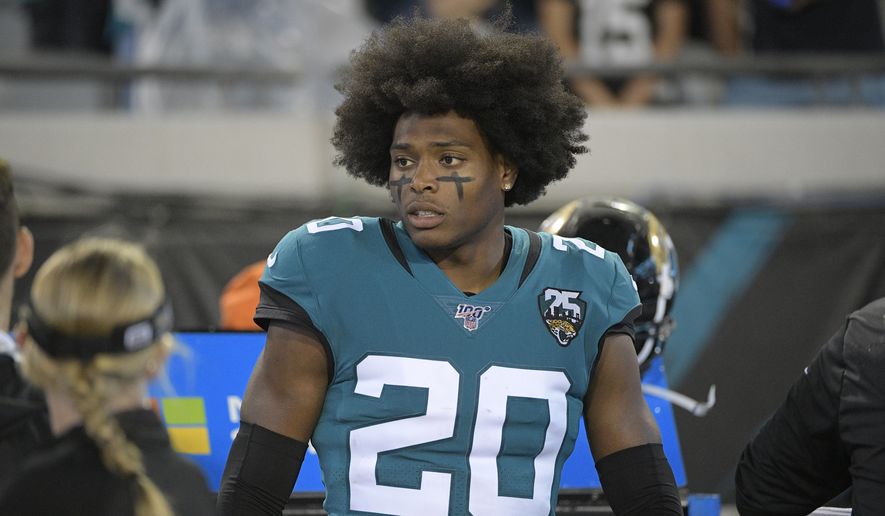Objections to trade requests only show selfishness on fans’ part

By DERON SNYDER (as published in The Washington Times)
There’s been a lot of coverage lately about players who request – no, demand! – to be traded. Their desire to work elsewhere has caused great consternation among some fans and media members, who fret that these players are upsetting the natural order.
Detractors insist that the universe isn’t supposed to work like that.
Only management gets to decide if and when a player is shipped out.
You say he loves being part of that franchise? Sorry. He and his family are entrenched in the community? Tough. He’s being sent to a horrible situation with a terrible organization? Oh well.
That’s part of the job and comes with the territory.
The same imbalance of power surfaces in the private sector from time to time. When a company decides to relocate its headquarters, some lucky workers get to choose between keeping their job or staying put. I imagine former employees of the Baltimore Colts weren’t required to steal away in the middle of the night, but they likely can offer moving advice to current employees of the Oakland Raiders.
The general public has a lot more empathy for transplanted office workers than, say, wideout Demaryius Thomas, who earlier this month was traded from New England to the New York Jets. Thomas didn’t request, demand or suggest a move.
Nonetheless, he went from a Super Bowl favorite to a contender for the toilet bowl.
I know, I know. Pro athletes make a whole lot more money than average Joes and Janes, enjoying an income level that disallows any dissatisfaction over working conditions. If players on the Miami Dolphins have an issue with management’s blatant tanking, they must shut up and bear it, expressing gratitude for the opportunity to earn NFL paychecks.
This might be a radical concept, but money doesn’t buy happiness.
Miami appears to be an exceedingly gloomy workplace, and no right-minded person should fault a player like defensive back Minkah Fitzpatrick, who sought and was granted a trade. He joins offensive lineman Laremy Tunsil and wideout Kenny Stills on the list of talented young players Miami unloaded in recent months.
Whether or not they asked to be traded, they must feel like they received pardons. But circumstances don’t have to be as dire as Miami’s for a player to seek a change, for whatever reason.
Jacksonville Jaguars cornerback Jalen Ramsey requested a trade last week. ( I refuse to portray them as demands; teams have 99.9 percent of the power and therefore do whatever the heck they choose.) Ramsey played in Week 3 but missed practice on Monday after calling in sick.
His claim has generated skepticism from many, presumably from some who ever called in sick for reasons unrelated to health. “Jalen Ramsey is everything that’s wrong with NFL,” read a recent newspaper headline, topping a column that decried Ramsey’s “selfish trade demands.”
Of course, columnists don’t selfishly request trades. They simply accept job offers elsewhere, leaving their old “team” to fend for itself. Employees who aren’t bound by non-compete clauses customarily do likewise.
Critics believe athletes shouldn’t have a say in decisions that other workers make routinely, like where to work. The paradigm starts with the draft, which is built on an illogical fear that the best athletes would flock to certain teams and forsake others. Supposedly, big markets like New York, Los Angeles and Chicago would horde all the talent, leaving crumbs for outposts like Green Bay, Buffalo and Jacksonville.
But think a little deeper about life without a draft.
How many top college quarterbacks over the last 15 years would’ve chosen to start their career in New England? How many stellar left tackles or middle linebackers could be stockpiled by Chicago? Players would be drawn to teams based on a number of factors: the opportunity for playing time; proximity to hometown; childhood association; friends on the rosters; etc.
Giving players freedom of choice from the outset wouldn’t be nearly as messy as feared. Alas, that’s another subject for another day.
For now, I’m simply questioning the outcry as a handful of players try to be active participants in charting their career paths. I’m wondering why so many folks adamantly oppose players making trade requests, yet accept teams trading (or cutting) players who want to remain.
Yes, selfishness is involved.
But it emanates from the fans way more than the athletes.
— Brooklyn-born and Howard-educated, Deron Snyder writes his award-winning column for The Washington Times on Tuesdays and Thursdays. Follow him on Twitter @DeronSnyder.
 Follow
Follow
